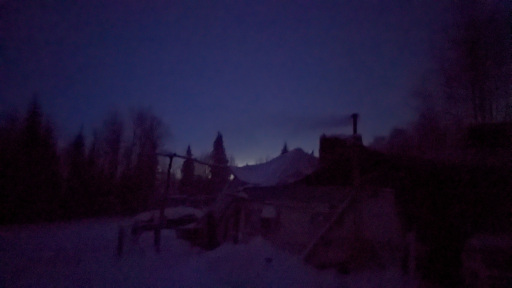For The Ill
Which is Us All
Tuesday, May 2, 2023

Julius Would Have Been Envious
Of Such An Off-grid Camp,
With All It’s Simplicity
and Technology
(like solar power.)
Second Chronicles 30:18-19
For a multitude of the people, many of them from Ephraim, Manasseh, Issachar, and Zebulun, had not cleansed themselves, yet they ate the passover otherwise than as prescribed. But Hezekiah prayed for them, saying, ‘The good Lord pardon all who set their hearts to seek God, the Lord the God of their ancestors, even though not in accordance with the sanctuary’s rules of cleanness.’
Mark 2:17
When Jesus heard this, he said to them, ‘Those who are well have no need of a physician, but those who are sick; I have come to call not the righteous but sinners.’
…
Words of Grace For Today
On his 16th birthday Julius had been out helping neighbours prepare for planting. The preparations were hard work, since long before the snow would melt they had to be ready for the window for planting a successful harvest would be open most years for only 7 days, and when they came could be anything from early April to late June.
He’d read from Sotorus’ journals and three other even older journals that people used to have liquids they could put in machines and use them for the hard work of planting, travelling, and even creating electricity. It was burning those liquids by so many people that had changed the earth’s weather to be more volatile and unpredictable. In the end it was the thing that decimated the human population from an unbelievable 12 billion down to a mere billion, though some said in the dark times it was down to a mere million. But even today no one could know. There was no way to count people across the face of the earth. People only knew about the earth being round and the continents and the vast seas and the expanse of space and the existence (at least at one time) of a settlement in the Andromeda galaxy so unreachably far away. It was the second settlement for everyone knew from Sorotus’ journal that the first had failed.
That day on the 8th farm, as 10 farmers gathered to help each other prepare for planting, and more than 100 others helped as well it started. Every able-bodied person helped, for it was their food the farmers would try to grow. No one knew then, nor did they know now, what it was. When that 8th farm was finally ready, 10 people fell ill. Julius volunteered to provide care for them. He was run off his feet, for they were constantly thirsty and then hungry even though they kept nothing down, and the messes they made with feces, sweat, and blood was almost too much. Julius had never worked so hard in his life. No one, except the one person who dropped off at a distant rock food and water each second day, came close to the spot in the trees where they stayed under a shelter Julius had built of branches and leaves and mud.
Then as the 9th farm was finally finished, another ten people fell ill, and they arrived as well. That same day 5 of the original people fell ill, 1 recovered enough to help Julius, and the other 4 got better but could barely move or talk. At least they ate and drank and made no more messes. When the 10th farm was finally finished, it repeated. Now three people cared for 10 severely ill, 2 had died, 2 recovered, and 8 were unable to move but ate and drank normally. Those recovered, and Julius for some reason, were marked with trails of dark spots down both sides of their faces that extended the length of their bodies to the tips of their toes.
They would for the rest of their lives be marked. The few who were able to have children, Julius was one so blessed, had children that were marked as well. While the marks interfered with life not one bit, they would be used again and again as reasons to exclude and denigrate these people.
That was not on Julius’ mind at all when, after the 10th farm’s ill-helpers arrived and he discovered that his life purpose had arrived in his lap. He would learn to be a healer. Later he would learn they used to call them doctors in Sotorus’ time. He already knew that Jesus was a healer, and since Jesus walked with him, it fit so well that he would help those who were ill.
Later he learned that even the healthy looking people carried many diseases and were actually more ill and deadly dangerous to others, than those who came down with the spotted-cranks, as those farmer’s helper’ disease came to be known. It was the not knowing one was ill that left them free to spread death in their wake to so many people. Though rituals were developed to ‘protect’ farmers’ helpers from falling sick, it had little effect except to make people feel invincible, when they were certainly not.
Julius wrote in his journal that day, “Correct rituals do not save people, and God helps in many and various ways those who are ill, even the majority of us humans who do not know it.”